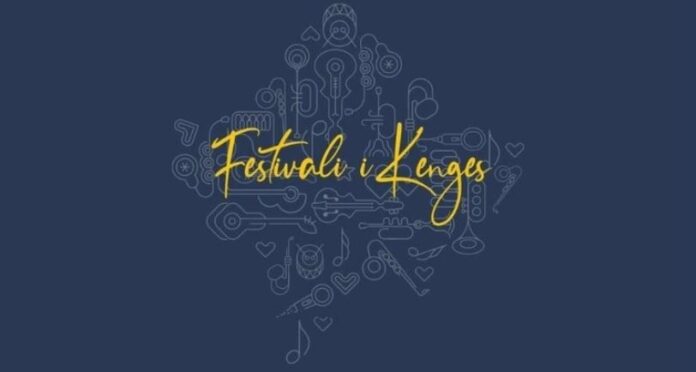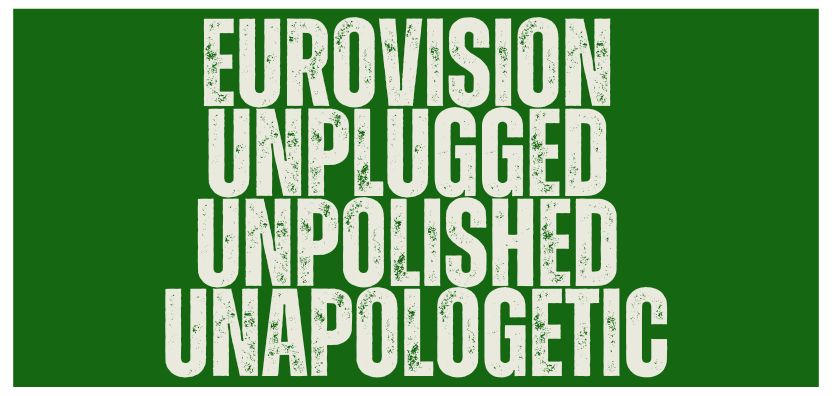
|
Getting your Trinity Audio player ready...
|
Albania has opened submissions for the 64th edition of Festivali i Këngës, and if you’re a robot thinking about entering a song: jog on.
From 1 to 30 September 2025, artists, writers and performers can submit their original tracks to RTSH in the hopes of landing a place in the iconic music festival – one that’s traditionally used to select Albania’s Eurovision entry around Christmas each year.
But this year, there’s a very clear red line: no artificial intelligence allowed.
Songs that have been created – even in part – with the help of AI tools will be automatically disqualified. That’s right: ChatGPT can help you write your press release, but it better stay away from your bridge and chorus. RTSH is putting its foot down on what it sees as a threat to artistic authenticity. OnEurope predicts disqualifications, sulking and conspiracy theories a-plenty to enjoy with our mince pies and figgy pudding.
Submissions: The Basics
Entrants must email their song (in MP3 format with orchestration and vocals), lyrics (in Word format), and artist bio to festivali64@rtsh.al. Artists must be over 16, and new applicants need to include a photo.
All songs must be new, original, and unpublished before submission. The songs can be up to four minutes long, but obviously will get trimmed to three by the time they’ve been changed beyond all recognition for next year’s contest.
A Purist Approach
While some broadcasters flirt with AI-assisted music, RTSH has drawn a sharp line. It’s a rare stance in an increasingly tech-driven industry, and one that’s going to be applauded by many and almost certainly regretted by organisers.
And while there’s no word yet on whether FiK 64 will follow last year’s chaotic or classy path (Albania, after all, gave us both “Sekret” and “Duje”), the early signs suggest RTSH is leaning traditional, authentic, and proudly analogue.
EBU stance
In 2023 the EBU publicly pondered an AI ban, warning that contest creativity “should come from humans and not from machines”. EBU deputy director Jean-Philip de Tender even mused what would happen if AI-generated songs appeared, noting that excessive AI use “dilutes the genuine, spontaneous emotions” of Eurovision.
But no firm ban or even vague guidance was issued for 2024 or 2025. And given the Gnomes of Geneva have way bigger fish to fry right now, don’t expect this to trouble their not-for-profit little heads in 2026.
So if you’ve got a song in your heart – and not in your hard drive – now’s your moment. Albania wants your voice, your melody, your story. Just make sure it’s your story.





